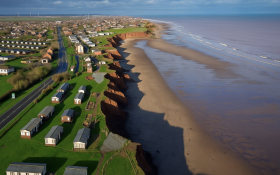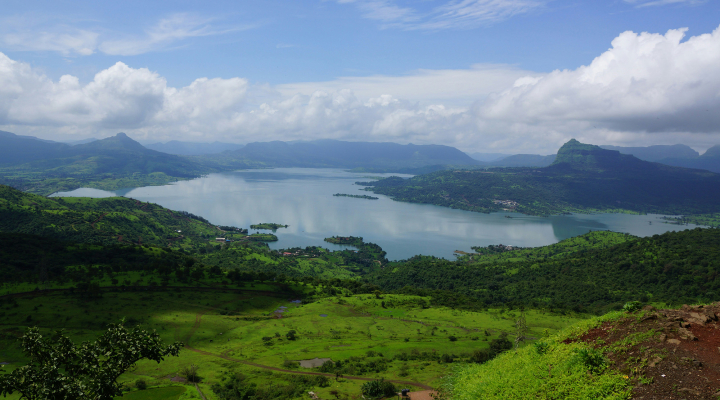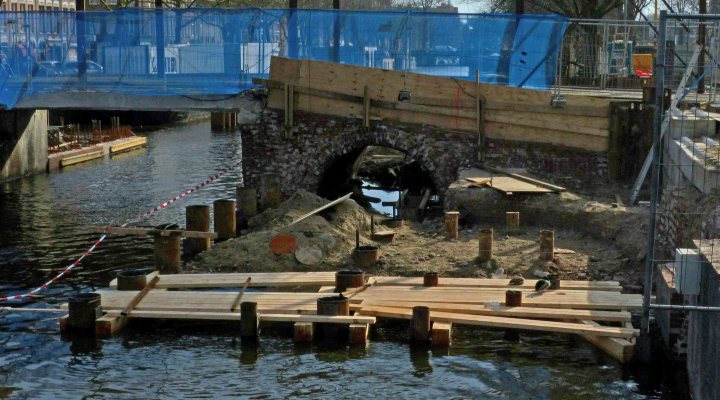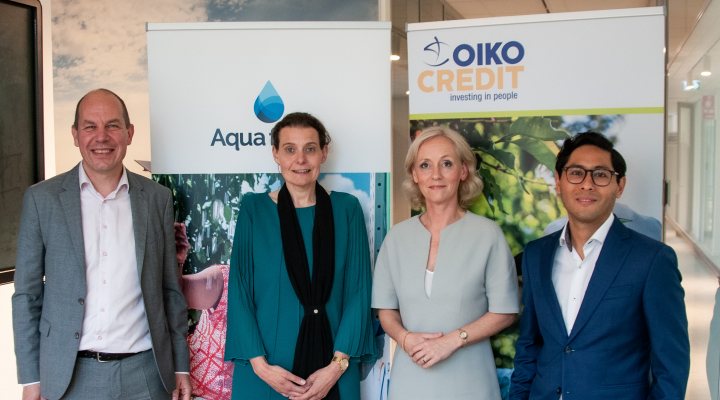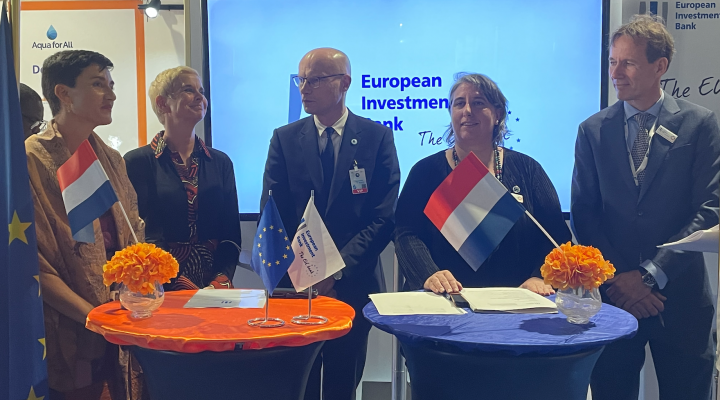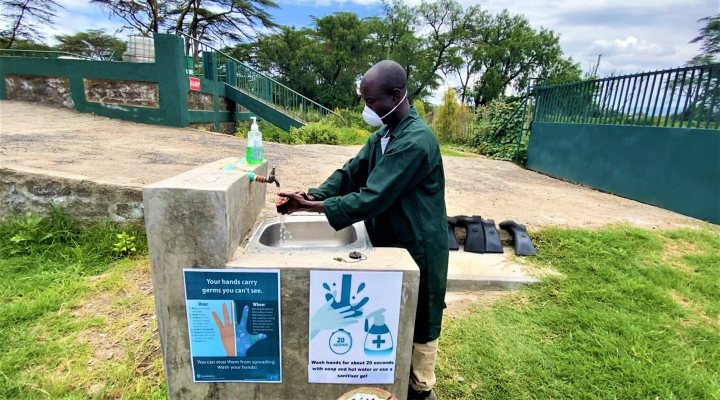A dazzling USD 7,500 billion is needed between now and 2030 to put the necessary infrastructure in place to protect the world’s population from too much, too little, and too polluted water. This amount however does not even include capacity building and good governance.
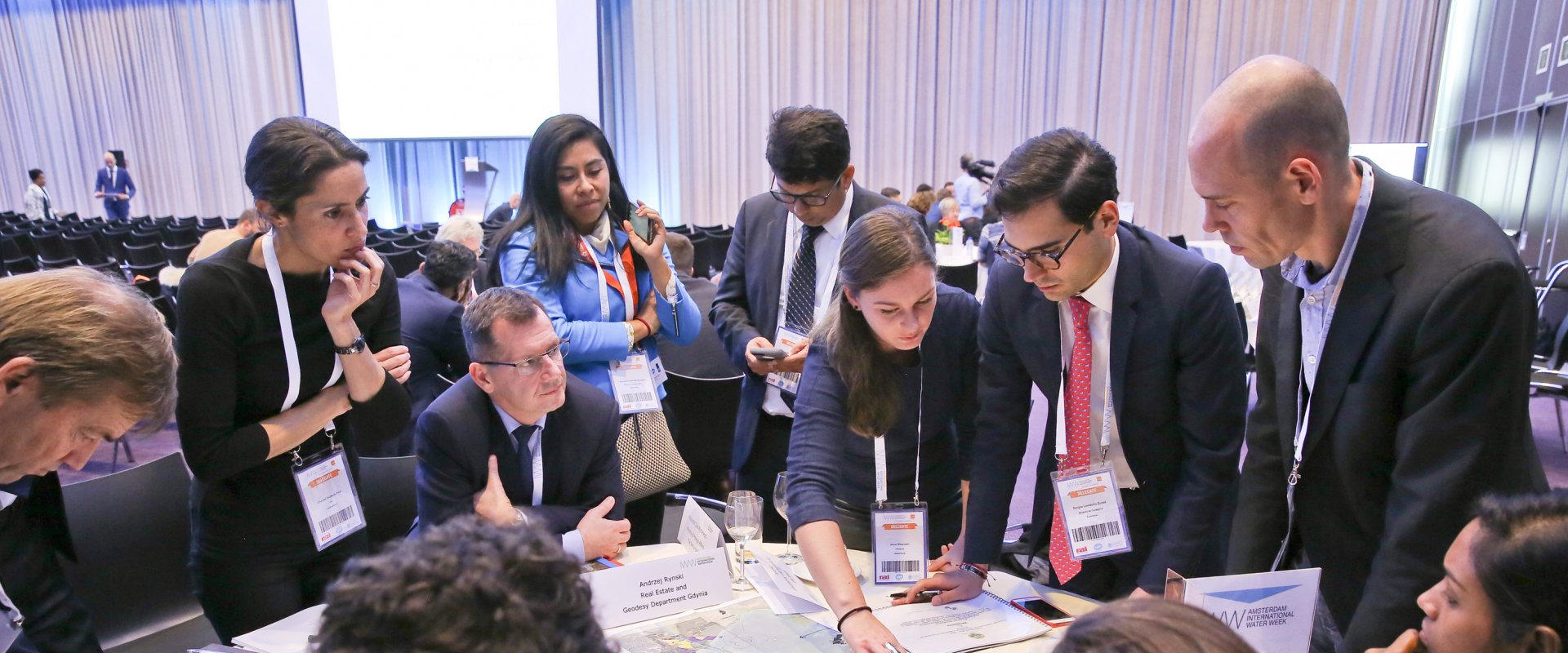
 Finance for Water
Finance for Water
1,200 billion dollar will not be available if current trends continue. Water projects are disproportionally financed with public money. The worldwide water challenges of the future can never be met by the public sector alone, and certainly not in emerging markets.
More and more financiers are interested in investing in water for the following reasons.
- Return on investment. Given the loose monetary policy, interest rates are low and a lot of money is available for profitable investment opportunities. The abundance of capital is forecast to last and every opportunity for alternative ways to invest has investors’ attention.
- Impact. There is increasing pressure from society on financial sector investments to have a positive impact on both society and the environment. Financing water propositions meets this requirement brilliantly.
- Risk. In the face of climate change, companies around the world are facing operational risks such as droughts, floods, and water supply variability which can affect their bottom lines. Banks, pension funds, and other international asset managers therefore have a vested interest in understanding how water issues might affect the value of their portfolios.
Bridging the gap between water and finance
We need to bridge the gap between the financial sector and the water sector worldwide. Investors are willing to invest in water initiatives, but few initiatives meet the conditions required by financiers. Hence, few water projects are actually financed. The water sector develops numerous potential projects, but these often focus too much on technology, infrastructure development or capacity development and do not look at their investment opportunities. In addition, investors are often involved too little and too late when developing bankable water propositions. As a result, they are unable to see the business case.
If we manage to bridge this gap between the financial and water sectors, more money will become available to meet future worldwide water challenges. The Netherlands is already structuring water projects in such a way that they are more attractive for financial partners. By doing this, finance becomes an integrated part of project development.

